Hydro power seems to be a very modern issue of advanced countries, but it is, however, maybe one of the first sources of energy that people began to exploit. Water mills are still a proof of that. If you are planning to come to visit Le Marche in May, you can come during the European Weekends of Mills, and have the chance to visit one of the original water mills in our region, Mulino Bravi.
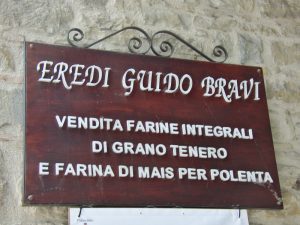
To reach the water mill, we can walk in a beautiful natural environment and enjoy the colours that spread all around in this late Spring. Coming from Cupramontana you take the road towards Apiro until the intersection Colognola / Apiro. You can park here and continue by walk (or if you feel particularly lazy, you can also reach the mill by car). Take the road Contrada Ca ‘di Chiocco towards Valcarecce, a tour that even offers a glimpse of the lake of Cingoli. Follow this road to cul-de-sac, turn left until the next cul-de-sac, turn right now. You pass the hamlet Valcarecce, a few houses large and then always straight ahead till Molino Bravi. If you prefer to walk a part through the forest, just look at the site of the podisti di Cupramontana.
- Lake of Cingoli
- Water Channel
- Water mill
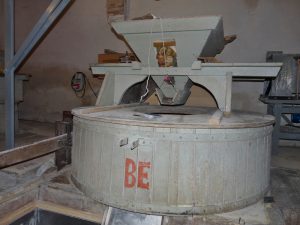
The mill 7 years ago
Isabelle first visited the watermill 7 years ago, when it was still run by the older generation, and came back this year to meet the new generation who took over this precious traditional mill. They made some minor changes here and there, but it remains a water mill that nowadays grinds bio grain (wheat or spelt), biomass and regular corn with the aid of water. It dates back to 1565, and still grinds wheat with three giant millstones. The water from the Lake of Cingoli arrives in the River Musone, flows into a 1.1km long canal and it is collected in a water basin. Part of the water activates the millstones, and the other part activates the little power plant that produces 65 kWh.
- The little power plant
- The mill
- Grinding wheat
1200 litres of water per minute drive against the blade: the amount of water can be controlled manually in order to decide the speed of the rotating stones. With a lever they can control the different heights of the stones, each of 1,50 meters of diameters.
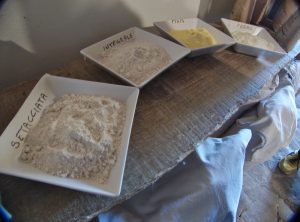
The final products are: Einkorn wheat, common wheat and corn, and you can buy them directly here. The wheat they produce have low percentages of gluten and is suitable for different recipes, while the corn is perfect for some polenta. The stone ground whole wheat flour has many positive aspects, check them in the website of the Molino!
The history of the mill also boasts the use of hydroelectric power to cut logs into timber, grind olives and even produce black powder under the authorization of the Austrian Royal Command in Ancona.
Once out of the Molino, you can also enjoy wine tasting at the winery Cantina Colognola Tenuta Musone, in Colognola. This small hamlet once had a castle, of which today only a tower has remaind, and a peculiar church with an eclectic style. Once past this hamlet the street name changes to Contrada Montalvello which then ends at the parking lot.
- Cantina – winery
- Colognola
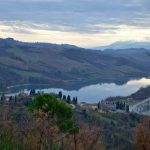
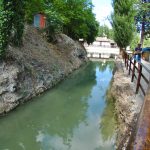
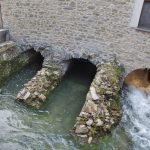
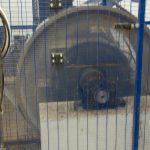
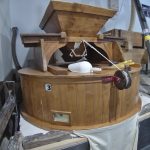
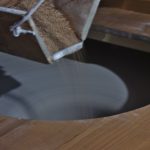

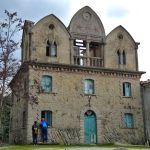
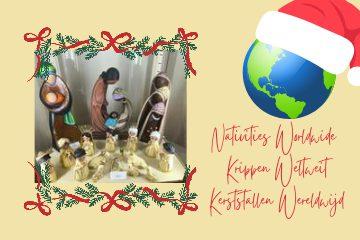

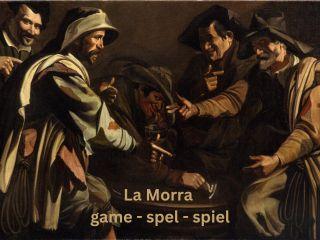
1 Comment